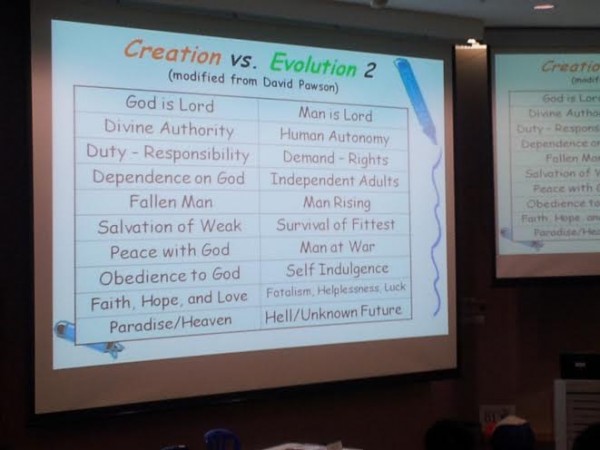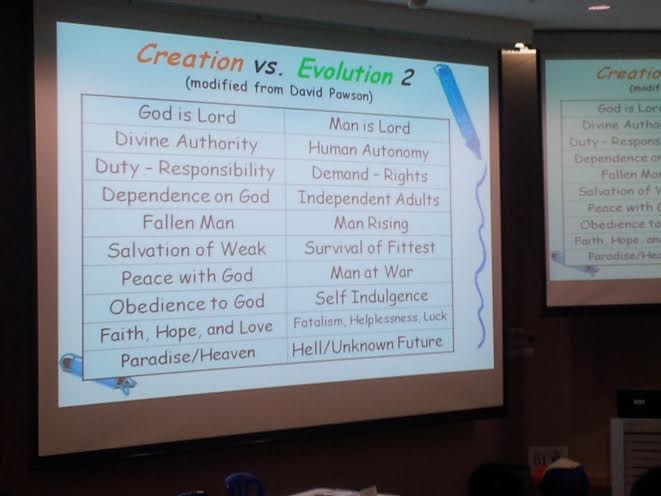We published a letter in The Malay Mail Online on May 17, 2014. It was in response to Prime Minister of Malaysia, Datuk Seri Najib Razak that humanism, secularism and liberalism are the basis for a new form of a religion known as “human rightism”, and that it threatens Islam. Our letter in response to his comments are reproduced below:
***
MAY 17 — In April, the British Prime Minister, David Cameron, declared the United Kingdom to be a “Christian country”. This echoed similar remarks, which Cameron earlier made in 2011 at the University of Oxford that Britain was in danger of a “moral collapse” unless rescued by Christian values. However, such remarks were immediately refuted by many in the UK, not least the former leader of the Church of England. [Read more…]







